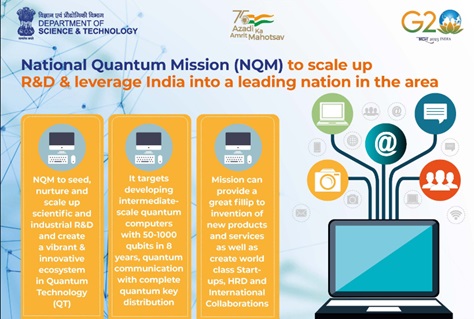A research tie-up between Imperial College London and the Indian Institute of Technology (IIT) Bombay to harness quantum computing and biotechnology to help farmers grow stronger crops that are more resilient to climate change has emerged as a focus area ahead of British Prime Minister Keir Starmer’s expected visit to Mumbai next week.
The project builds on quantum as a key pillar of the India-UK Technology Security Initiative (TSI), with a mission to cultivate healthier soil microbes and unlock new strategies for protecting crops in arid and climate-vulnerable regions.
The India-UK TSI, signed last year, is scheduled to be at the top of the agenda when Starmer joins Prime Minister Narendra Modi at the Global Fintech Fest (GFF) 2025, starting in Mumbai on Tuesday.
Imperial College London President, Professor Hugh Brady, will be among the members of the prime ministerial delegation headed for Mumbai on Starmer’s first visit to India as UK PM.
While further partnerships between the UK university and Indian counterparts are expected, a team led by Imperial’s Dr Po-Heng (Henry) Lee and IIT Bombay’s Dr Indrajit Chakraborty is already leveraging quantum computing to model the complex interactions between plants and bacteria in the soil.
“This collaboration brings together IIT Bombay’s expertise in microbial ecology and genomics with Imperial’s strengths in bioinformatics and quantum computing simulation,” said Dr Lee.
“This project paves the way for quantum technologies to address urgent challenges in global food security and climate resilience,” he said.
With a better understanding of how plants and helpful bacteria “talk” to each other, the researchers hope that they can boost natural processes to make crops grow better and more resilient against drought and extreme weather.
The interactions between plants and bacteria are too intricate for tradition
Read More

